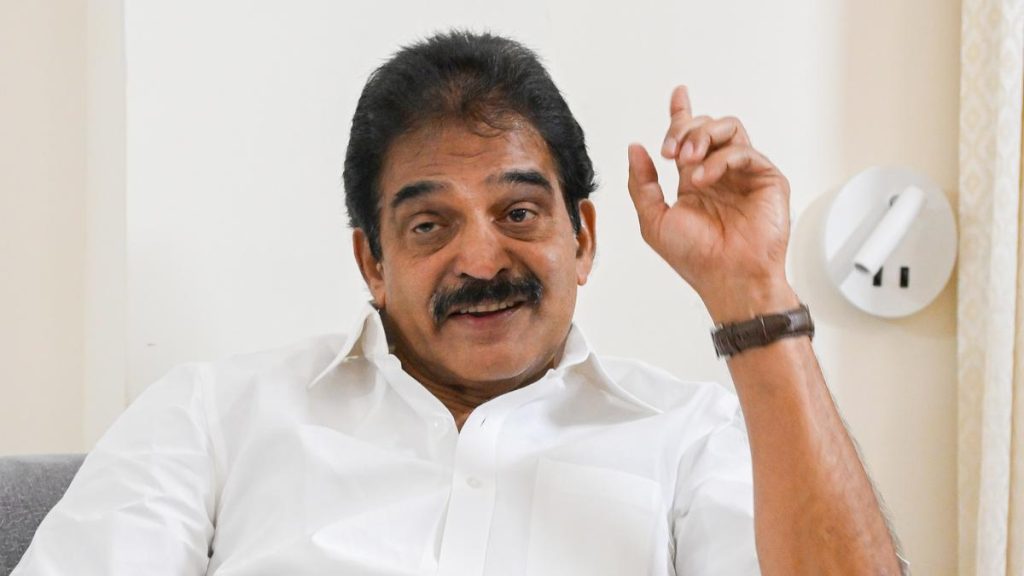Now Reading: India Eyes $1 Billion GE Engine Deal for Tejas LCA Amid US Tariff Hike
-
01
India Eyes $1 Billion GE Engine Deal for Tejas LCA Amid US Tariff Hike
India Eyes $1 Billion GE Engine Deal for Tejas LCA Amid US Tariff Hike

Speedy Summary
- The second tranche of 25% US tariffs came into effect, impacting $40 billion worth of Indian goods, but defense cooperation between India and the US remains unaffected.
- India is nearing a $1 billion deal to procure 113 GE-404 engines from General Electric for the Tejas Light Combat Aircraft (LCA) program.
- This agreement follows a rs 62,000 crore contract to acquire 97 LCA Mark 1A fighter jets aimed at strengthening India’s combat fleet.
- HAL (Hindustan Aeronautics Limited) will receive a total of 212 GE-404 engines under this new order. The deliveries are expected at a rate of two engines per month starting ahead of the first batch by 2029-30.
- This deal supports fueling 83 Tejas jets ordered earlier by the Indian Air Force and enhances india’s mission to phase out ageing MiG-21 aircraft from its fleet.
- HAL is also negotiating another deal with GE regarding GE-414 engines for next-generation aircraft like LCA Mark II and AMCA. This agreement may involve an essential transfer of technology (up to 80%), aiding in India’s self-reliance in defence manufacturing efforts.
- Bilateral talks between India and the US continue amidst trade tensions; though, a scheduled visit by the US delegation on August 27th has been postponed.
Indian Opinion Analysis
This developing defence partnership underscores robust ties between India and the United States, even amidst heightened trade tensions marked by higher tariffs affecting significant trade volumes. While economic disagreements persist, fruitful cooperation in critical sectors like defence helps sustain momentum in bilateral relations.
The procurement of additional GE engines affirms India’s commitment to modernizing its military capabilities through indigenous platforms such as Tejas while reducing dependence on outdated systems like MiG fighters. Moreover, planned technology transfers under negotiations further solidify steps toward achieving strategic autonomy in advanced military production.The evolving balance between sharing technology and importing advanced weaponry could significantly redefine India’s role as both consumer and producer within global arms markets-a move crucial for long-term self-reliance goals amid domestic challenges related to infrastructure readiness for indigenous projects like AMCA.
Read more: Link
























